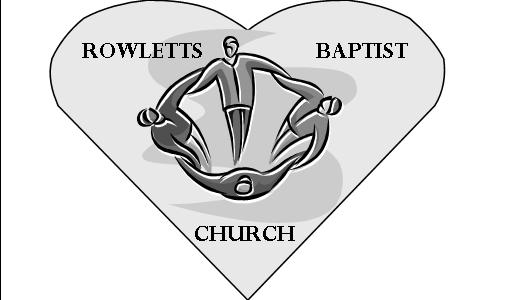"Can you keep a secret?” “Don’t tell anyone else.” “I could tell you but then I’d have to kill you.” Whether it is personal, business, or public sector; it’s no secret, that we live in a society framed on confidential information. There are business secrets, criminal investigations, national security matters, and grandma’s secret cookie ingredient. Yet while secrets have their place, they have also caused innumerable arguments, strife, and broken relationships. Besides recognizing the destructive pattern of secrets, we may also be able to heal or avoid some of the effects if we examine some sources of secrets and what Christ has taught us.
The Bible tells us we made it only
a few verses before secrets entered creation.
Satan caused Eve to doubt God and sin ensued. The secret was not sin but breaking the trust
of God caused the sin. Trust is one of
the largest reasons for the existence of secrets. We use secrets to prevent sharing info with
those we lack trust in, often because we have been hurt. Sometimes we take this too far and keep everything
secret. Keeping secrets prevents true
relationships because they require trust.
Trust allows someone the opportunity to hurt us, but also the
opportunity to help us.
One of the secrets that we try to
keep the closest is that we are not enough.
It is actually a shared secret amongst us all, but we still try to hide
it. We use busyness, arrogance, smoke
and mirrors, and a host of other methods to hide our need for help from others. When we cannot hide our own need of help, we
turn to shaming others for their own needing help. Our own shame eats away at us, and has helped
produce a host of problems in society including loneliness, depression, addictions,
dependencies, and health issues as extensions of each of those problems.
Jesus never intended us to hurt
like this. First, he wants us to ask him
for help with our sin problems instead of feeling the shame of it. He also did not leave us alone, because he
knew we would need help. Jesus sent us
the Holy Spirit, part of himself to comfort us.
He also left us, as part of a church which he called the body of
Christ. In this brilliant illustration we
recognize that no single part of the body can survive without many of the
others.
Where do you reside with truth and
vulnerability? Have you acknowledged
your needs, or are you fighting to keep people at arm’s length, so they do not
see your weaknesses? Recognize that Christ came to help and seek where he can
shine some light into your soul, by acknowledging your needs.


